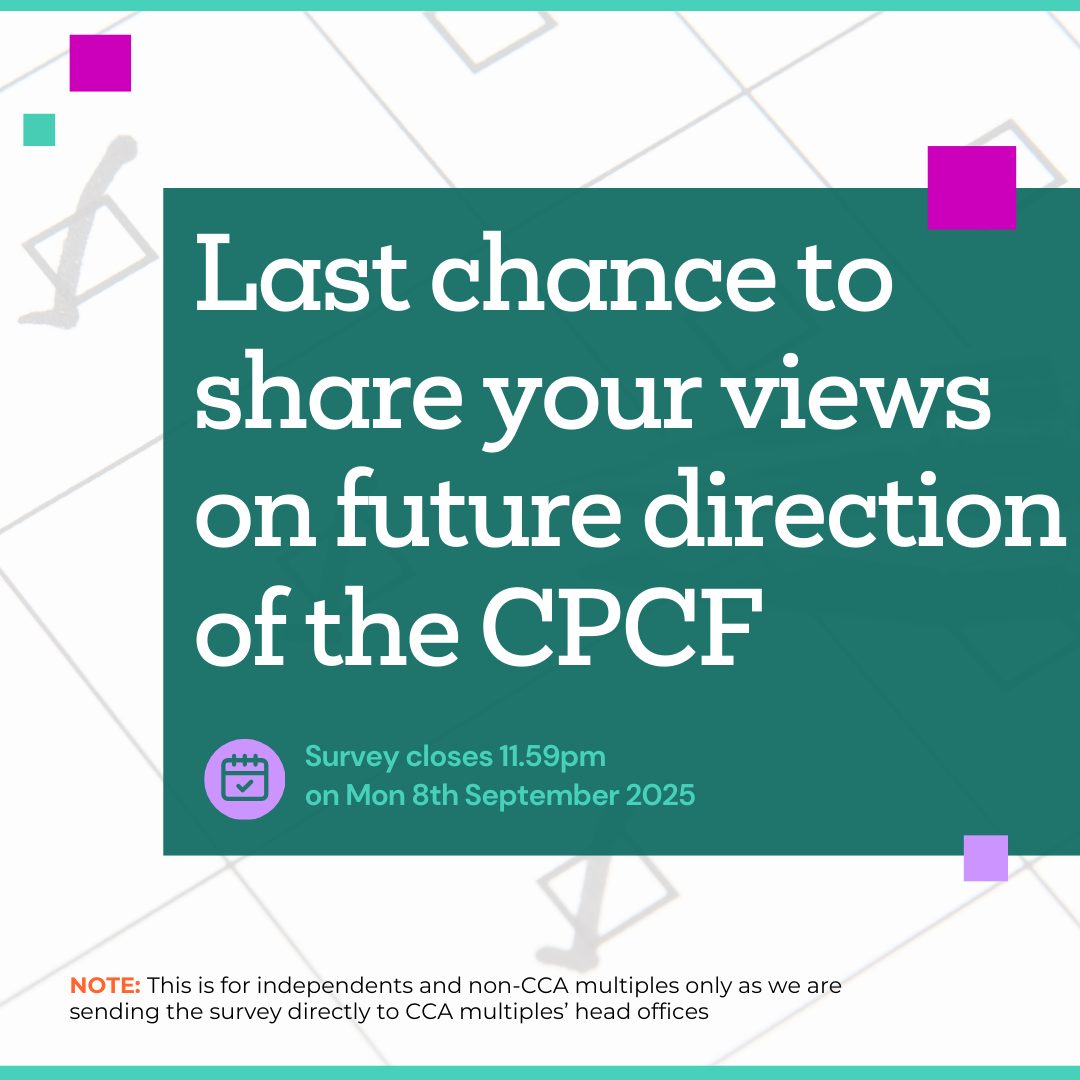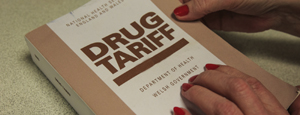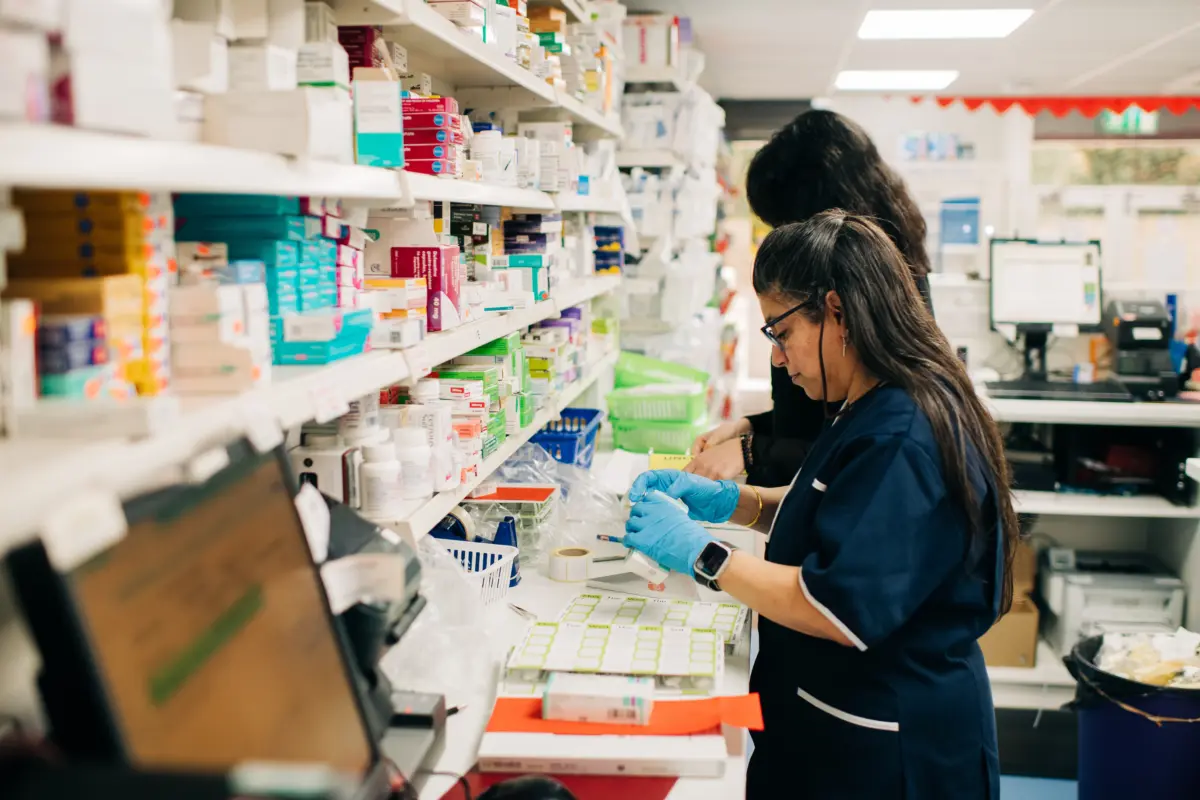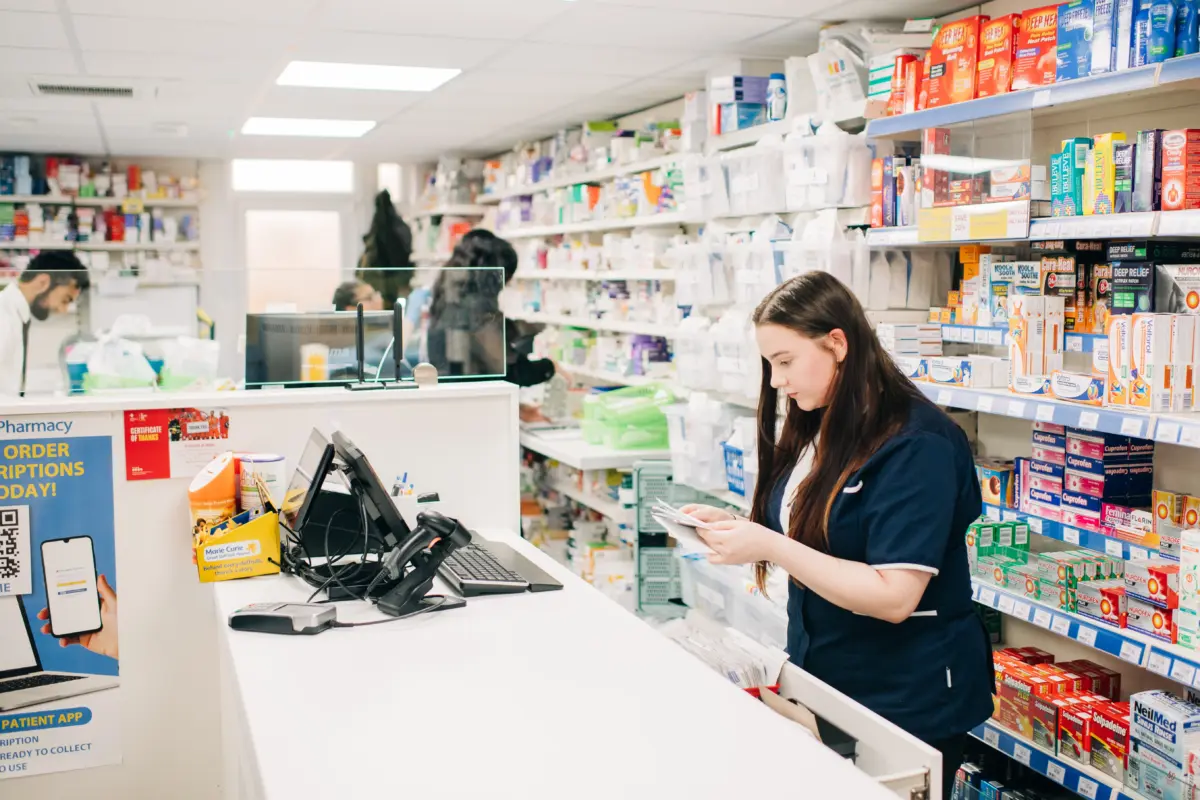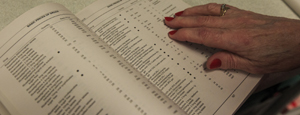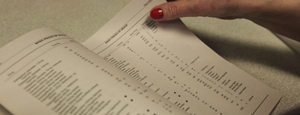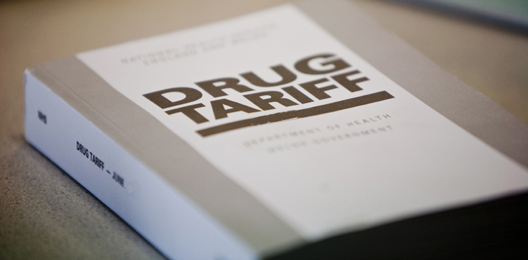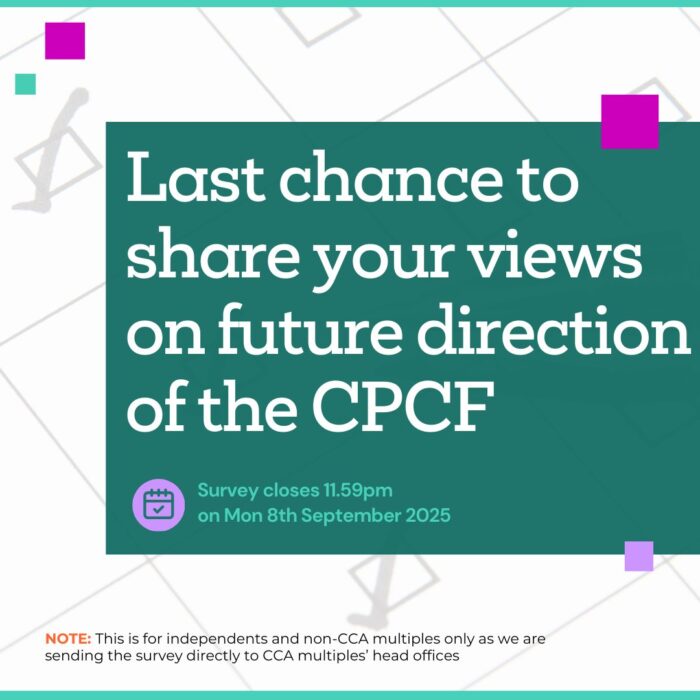Consumables and container allowance
Published on: 18th June 2013 | Updated on: 15th March 2022
Part IV of the Drug Tariff sets out the guidance and payment information for consumables and container. Part IV states ‘A pharmacy contractor shall supply in a suitable container any drug which he is required to supply under Part II of Schedule 2 to the Regulations.
Capsules, tablets, pills, pulvules etc shall be supplied in airtight containers of glass, aluminium or rigid plastics; card containers may be used only for foil/strip packed tablets etc.
For ointments, creams, pastes, card containers shall not be used.
Eye, ear and nasal drops shall be supplied in dropper bottles, or with a separate dropper where appropriate.’
Consumables
Payment for consumables used when dispensing is paid at the average rate of 1.24p per prescription for every prescription item (except oxygen) supplied by contractors.
This payment includes the following that is required but where the manufacturer’s pack does not include one:
- Provision for supply of either a 5ml plastic measuring spoon with every oral liquid medicine;
- Which shall comply with BS 3221:Part 6:1987 or;
- Provision for supply of a 1ml, 5ml or 10ml plastic oral syringe measure with every oral liquid medicine, except where the manufacturer’s pack includes one;
- Which must be clearly labelled ‘oral’ and/or ‘enteral’ in a large font size, comply with appropriate British or European Standards (BS 3221:Part 7:1995 or an equivalent European Standard for the 5ml syringe) and be wrapped together with a bottle adaptor and instructions
- The choice of whether a spoon or syringe (and its size) is supplied will depend on the nature of the medication regime
- Provision for supply of a dropper bottle or separate dropper with every prescription for a medicine which is for administration to or via the ear, eye or nose;
- Provision for supply of a vaginal applicator with every prescription for contraceptive gel or cream;
- In very exceptional circumstances, or where specifically requested by the prescriber, dilution may still take place (the prescription should be endorsed accordingly).
No endorsement is required to claim the consumable allowance.
Containers
Payment for containers is at the rate of 10p for every prescription item (except special containers) supplied where the quantity ordered is outside of the pack size (or a multiple of the pack size) for products:
- Listed in Part VIIIA of the Drug Tariff;
- Not listed in Part VIIIA of the Tariff, the pack size published by the manufacturer, wholesaler or supplier is endorsed by or on behalf of the contractor.
- Where the pack size is unknown by the Pricing Authority, the pack size endorsed by the contractor.
For contractors who have dispensed any drug except for oral liquid methadone against an FP10MDA prescription form, as a temporary measure, for prescriptions dispensed from April 2013, this payment will be made once per installment ie per dispensing to the patient, regardless of whether the quantity ordered per dispensing was available as a listed pack size. For oral liquid methadone, this payment will only be made where the total volume prescribed is outside a pack size listed in Part VIIIA Drug Tariff pack (or a multiple of).
No endorsement is required to claim the container allowance.
Additional Items
Additional Item endorsement for droppers and applicators
The consumable allowance (formerly known as container allowance) is paid per prescription for every prescription (except for oxygen prescription) supplied by contractors whether or not a container is supplied. This provision now includes the supply of dropper bottles or separate droppers for prescriptions where the medicine is for administration to or via the ear, eye or nose, or a vaginal applicator for contraceptive gel or cream prescriptions, except where the manufacturer’s pack includes one. There is no longer a requirement to endorse prescriptions where a dropper bottle, separate dropper or vaginal applicator has been supplied.
Purified Water
Payment for Purified water will be made:
- It is specifically listed on a prescription; or
- Where the NHSCB for England, after consultation with the Local Medical Committee and Local Pharmaceutical Committee, has decided that the potable water ordinarily available in the area is unsuitable for dispensing purposes, and has notified the contractor accordingly, the pharmacist should use purified water and will be paid at the Drug Tariff rate, through local arrangements specified in the notice.
Additional Item endorsement for diluents
Products supplied as powder for injection require a diluent to reconstitute the powder to make it suitable for administration to the patient by injection. Under the Medicines Act 1968, all medicines for parenteral administration, including diluents such as Water for Injection, are currently classified as Prescription Only Medicines (POM) and should only be supplied in accordance with a valid prescription. Whilst there is an exception in the law that enables pharmacies to supply 2ml vials of sterile water for injection without a prescription when engaged in the lawful provision of water for injection for drug treatment, pharmacies are no longer reimbursed for supplying diluents where they have not been prescribed.
Pharmacies will only be reimbursed by the NHS for supplying diluents where they are prescribed on an NHS prescription. Therefore, where a pharmacy receives a prescription for a dry powder for injection and a diluent is required to support administration, the pharmacist would need to use their professional judgement in contacting the prescriber so that a prescription can be issued for the diluent where the prescriber deems it appropriate. Pharmacy staff cannot endorse the prescription themselves as it will not be accepted for payment.
If a diluent has not been prescribed and is required in an emergency, the pharmacy may contact the prescriber and ask them to request an emergency supply of the item using the usual emergency supply procedures. A range of prescribers, including doctors, dentists, supplementary prescribers and nurse independent prescribers, can now request emergency supplies of POMs.
Note: where a patient is not exempt from paying the prescription charge and both dry powder for injection and diluent has been prescribed on the same prescription form, only one prescription charge should be levied. However, where the diluent is prescribed on a separate prescription form to the dry powder for injection, two prescription charges should be levied. The following letter has been produced to help pharmacists with communicating this change to their GPs, please click here.
Related resources
For more information on this topic please email comms.team@cpe.org.uk

